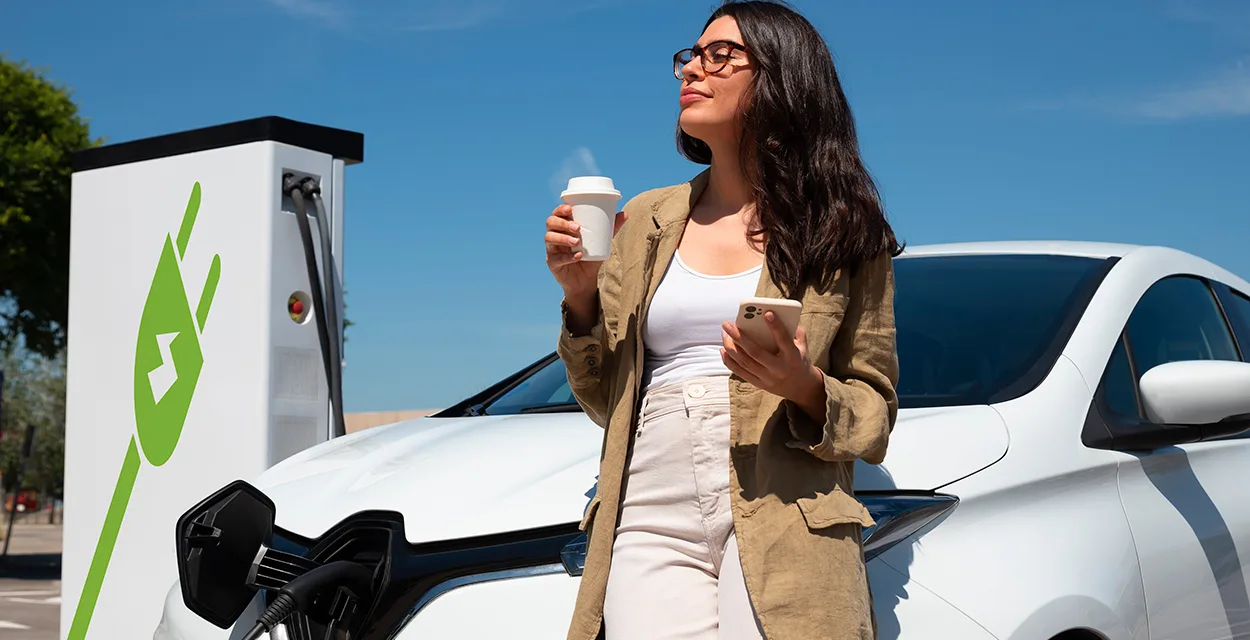“The introduction of the ZEV mandate into law today will be a key policy in driving electric vehicle uptake and will heavily influence the automotive retail sector in its ongoing transition to electric. The automotive retailing sector has been supportive of the Government’s targets for net-zero in 2050 and as such has invested heavily in driving the electrification of the vehicle parc,” said Sue Robinson, Chief Executive of the National Franchised Dealers Association (NFDA) which represents car and commercial retailers across the UK commented:
As of today, 3 January 2024, the ZEV mandate becomes law, requiring all new cars and vans to be zero emission by 2035. For 2024, 22% of all new UK car sales from each qualifying brand must be zero-emissions, with the percentage gradually rising each year. For 2024, OEMs will be subject to a £15,000 penalty per non-compliant car. If an OEM does not meet the target percentage for that year, then there are options to mitigate the fines including buying ‘credits’ from other OEMs who have a surplus.
NFDA’s Electric Vehicle Approved (EVA) accreditation scheme was also launched in 2019 to encourage retailers to enhance their expertise in the electric vehicle sector and increase consumer confidence during the transition to electric. Since its launch, the scheme reached a significant milestone last year of 500 accredited dealer sites, with many more still due to be processed in 2024.
“Nevertheless, there is still more that needs to be done by government to maintain the positive electric vehicle trajectory in registrations and increase public confidence in these greener, cleaner vehicle types. The recent news that government has missed its own target of six rapid or ultra-rapid chargers at every motorway service station in England by the end of 2023 will do the industry no favours in its attempts to ease the minds of consumers,” added Sue Robinson.
Advertisement
Recently, in NFDA’s recent Consumer Attitude Survey, 62% of over 800 driving licence holders across the UK attributed cost and 57% attributed lack of charging facilities in the UK as to why they were not interested in purchasing an electric vehicle.
It is also worth noting that the ZEV mandate will only apply to England, Wales and Scotland and not Northern Ireland. This is against the backdrop of Northern Ireland currently having less than 1% of UK’s total charging points with an alarming proportion of these being antiquated and unreliable. As such, there is certainly a cause for concern in that Northern Ireland will fall further behind the rest of the UK.
Sue Robinson concluded: “Whilst the ZEV mandate is certainly a step in the right direction, the Government needs to offer more attractive price incentives and look to improve EV charging infrastructure across the country to increase consumer confidence in electric and help drive the country towards its net-zero commitments.”














